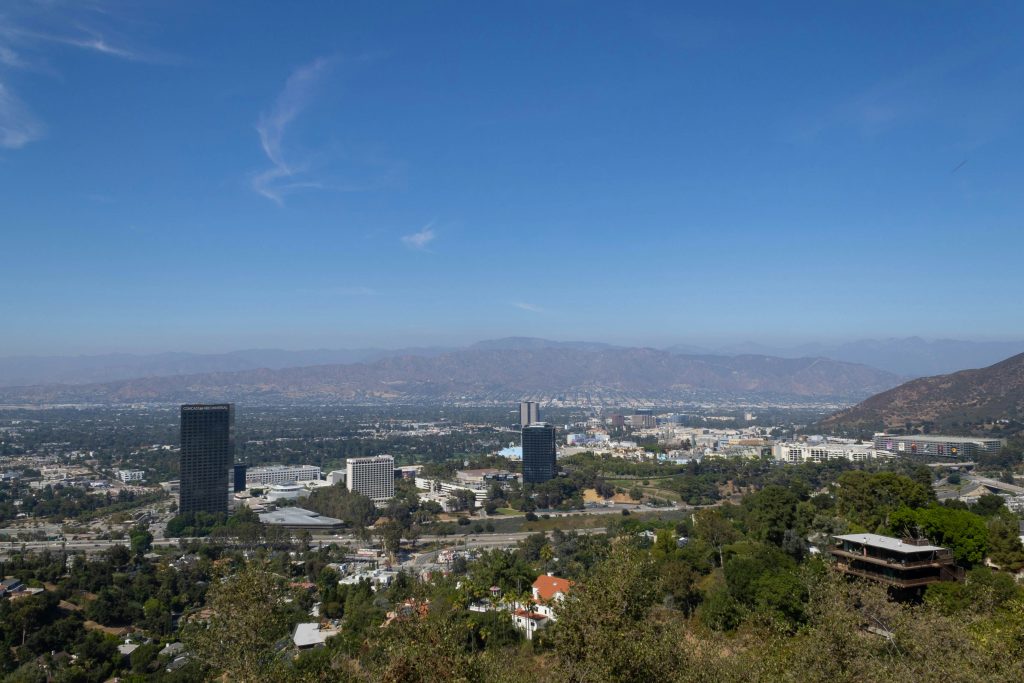A New Perspective on the Reagan Era: Dennis Quaid Stars in a Biopic that Captures the Heart of a President
In the realm of biographical storytelling, few figures evoke as much passion and division as President Ronald Reagan. The latest cinematic portrayal, simply titled ‘Reagan,’ brings this iconic leader back into the spotlight through the lens of actor Dennis Quaid. Directed by Sean McNamara, the film offers a unique perspective on both the personal and political aspects of Reagan’s life during a tumultuous period in American history.
Quaid, who has long admired Reagan, stepped into the role after a transformative visit to the president’s ranch. This journey not only deepened his connection to the character but also instilled a sense of responsibility to portray Reagan authentically. The actor describes the film as a personal project that resonates deeply with his admiration for Reagan’s legacy. He insists that the film, while centered around Reagan’s life, was not intended to serve as a political statement, but rather as a human narrative about a man navigating the complexities of leadership during the Cold War.
Set against the backdrop of the 1980s, ‘Reagan’ explores the challenges faced by the 40th president, including the escalating tensions of the Cold War. The film juxtaposes moments of personal struggle with the broader implications of Reagan’s policies, offering viewers a chance to reflect on the era’s historical significance. Quaid’s performance, characterized by warmth and conviction, invites audiences to see beyond the political figure and into the heart of a man shaped by his experiences.
The film also features a talented supporting cast, including Scott Stapp as Frank Sinatra and Kevin Dillon in a minor yet noteworthy role. Each character adds depth to the narrative, showcasing the diverse influences that surrounded Reagan throughout his life. Notably, the film was primarily shot in Guthrie, Oklahoma, which serves as a fitting homage to the American heartland that Reagan often championed.
As ‘Reagan’ prepares to hit theaters nationwide, anticipation builds around its potential to reignite discussions about the impact of leadership on national identity. While some may view the film through a critical lens, others are likely to embrace it as a tribute to a president who remains a polarizing figure in American culture.
Ultimately, ‘Reagan’ serves as both a celebration of a man and a reflection on a pivotal time in history. It challenges viewers to consider the complexities of political legacy while providing a compelling narrative that is sure to spark conversation. As audiences flock to theaters, they will undoubtedly find themselves grappling with questions about leadership, accountability, and the enduring influence of the past.
Tags: Dennis Quaid, Reagan Biopic, reagan movie
Dennis Quaid Takes a Stand Against Censorship in Hollywood and Social Media
In a recent discussion with Joe Rogan, actor Dennis Quaid opened up about his experiences during the filming of his new biopic about President Ronald Reagan. Quaid revealed that while working on the project, he faced attempts to cancel him, highlighting the challenges artists face in a politically charged environment.
The conversation between Quaid and Rogan brought to light the ongoing issue of censorship within Hollywood, particularly regarding conservative viewpoints. Quaid expressed his concerns about the prevailing culture in the industry, which he believes is increasingly hostile towards those who hold differing political beliefs.
Quaid’s remarks come in the wake of controversy surrounding Facebook’s handling of promotional content for his film. The platform faced backlash for allegedly throttling the promotion of the Reagan biopic, leading Quaid to call out Mark Zuckerberg for the censorship. In a surprising turn of events, Facebook later admitted to its error, acknowledging that it had mistakenly blocked promotional posts due to their political content.
The actor’s outspoken nature during the interview resonated with many who feel similarly marginalized in creative spaces. Quaid pointed out that the Hollywood community often engages in what he referred to as a ‘blackballing’ of conservative individuals, a sentiment that Rogan echoed during their exchange.
This incident has sparked a broader conversation about the implications of censorship and the responsibility of social media platforms in supporting free speech. Quaid’s candidness about his experiences sheds light on the pressures faced by artists in an era where their political beliefs can significantly impact their careers.
The conversation is not just about one actor’s struggle; it reflects a growing concern over the culture of fear that can stifle creativity and expression in the entertainment industry. As artists grapple with the potential repercussions of their political affiliations, the question remains: how can the industry foster a more inclusive environment for diverse perspectives?
Quaid’s experience serves as a reminder of the importance of advocating for artistic freedom and the need for platforms to uphold the principles of free expression. As the dialogue around censorship continues, it becomes crucial to support artists from all walks of life and encourage open discussions about their work, regardless of their political viewpoints.
As the release of the Reagan biopic approaches, it remains to be seen how these discussions will influence the film’s reception and the broader Hollywood landscape. However, Quaid’s willingness to speak out against censorship is a significant step towards challenging the status quo and advocating for a more open and accepting industry.
Tags: Censorship, Dennis Quaid


